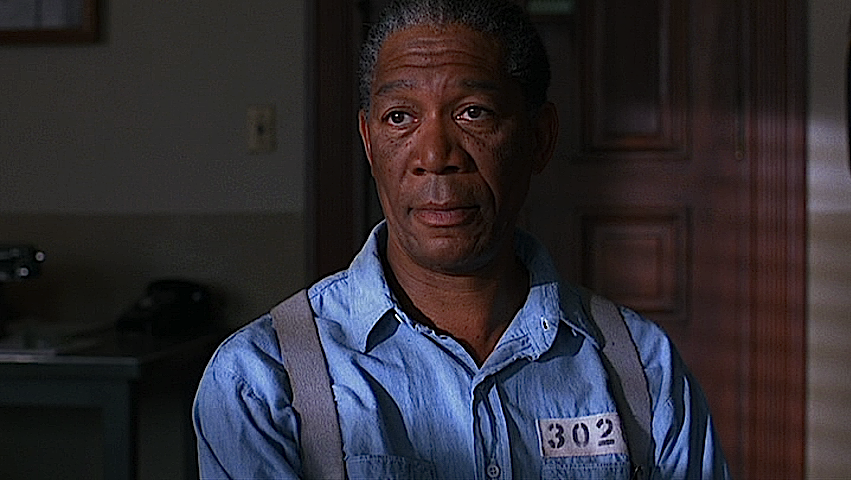There are many other arguments which claim to show us that we can be determinists without upsetting any of our notions of moral responsibility or human freedom. We may keep our concepts in different pockets. The language we use to describe actions is often different from the language we use to describe events: there are different principles of identity and individuation, for what are to count as the same action and what are to count as the same event. And therefore, it is argued, the conflict between free-will and determinism is illusory, because the concepts occur in different languages and so cannot come into collision. Free-will belongs to the agent's language, determinism to the spectator's. I, as an agent, perform some actions freely: he, as a spectator, may predict events correctly. But I am not he; to be an active participator is not the same as to observe from the sidelines, and actions and events are logically very different; and therefore, it is claimed, no conflict can arise between my belief as an agent that I am acting freely and his certainty, as a spectator that events will follow their pre-established course; since the key concepts of the opposition must be formulated in different languages, no contradiction between them can arise.
The distinction drawn between the language of agents and actions and the language of observations and events -- a distinction which seems to be the modern formulation in linguistic terms of one that Kant drew -- is a distinction that needs to be drawn; but, like the one Kant drew, is unable to resolve this particular problem. It is true that agents and spectators do use different languages, and many mistakes have been caused by the unconscious equation of actions and events: many of the legends about Oracles and the fulfilment of their prophecies to the confusion of the enquirer, turn on his having wrongly translated from the Oracle's spectator-language into his own, agent-language. But from the languages' not being the same in all respects it does not follow that they differ in all respects. The languages, though admittedly different, overlap each other in many places. The same man can speak both as an agent and as a spectator, and the same things can be described from the two different points of view. Just as Kant's solution requires a sort of philosophical schizophrenia on the part of the thinker beyond the power of most reflective men, so the solution suggested here requires, as it were, a thorough-going schizoglossia which is blatantly at variance with the facts. We may not be able to equate actions with events: but we can say something in the event language which will translate into something in the action language that is incompatible with some things the agents would have liked to have been able to say. Thus I may think that my action in inviting the visiting professor to dinner was free, and that I could have quite well just asked him how his work was getting on: but if a psycho-physiologist with complete information about the state of my brain and my environment at some previous time can predict that upon my meeting a human being of such and such type, my lips will contort themselves so that such and such sounds come out, then, whatever the niceties of what exactly constitutes an action, I shall no longer be able to maintain that I could have not acted as I did. The argument of the two languages will not work because the spectator and the agent can communicate, indeed may be the same person. So, anything the spectator can know the agent could know also: and if the spectator in his language can predict certain events, then this state of affairs will be describable in the agent's language as well, and may be inconsistent with, or entail, certain courses of action on his part. Therefore if the determinist thesis occurs in the spectator's language, it can be expressed in the agent's language too, and the problem will not have been dissolved.
J. R. Lucas
The Freedom of the Will
(footnotes omitted)
Saturday, June 25, 2011
Subscribe to:
Post Comments (Atom)









No comments:
Post a Comment